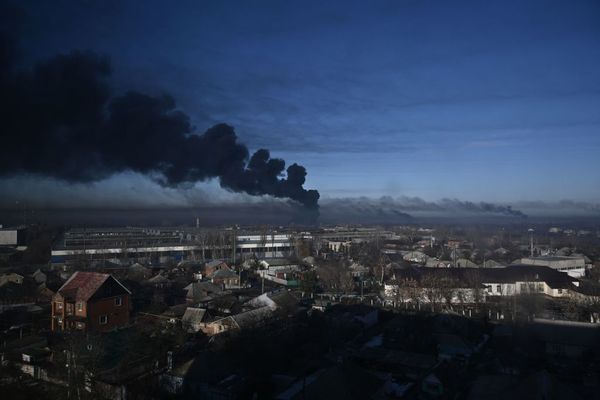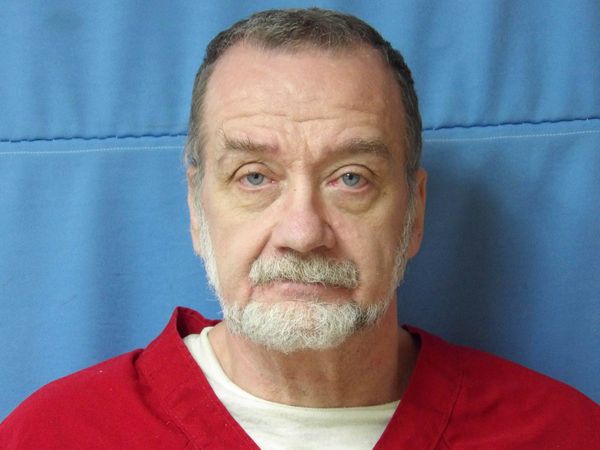
New footage shows frightened civilians desperately escaping the Mariupol theatre after it was struck by Russian missiles earlier this month leading to the death of an estimated 300 people.
As many as 1,000 people were sheltering in the Donetsk Regional Theatre of Drama in Mariupol, using the building as an air raid shelter. The theatre was struck on 16 March.
Ukrainian authorities said on Friday that 300 people had died in the bombing of the theatre. Officials posted on Telegram: “Unfortunately, we start this day with bad news. From eyewitnesses, information appeared that about 300 people died in the drama theatre of Mariupol as a result of a bombardment by a Russian aircraft.”
A Mariupol City Council spokesperson said: “Until the last, I want to believe that everyone managed to escape. But the words of those who were inside the building at the time of this terrorist act say otherwise.”
The attack reduced the building to rubble and was classified as a war crime by Ukraine.
A never-before-seen video of the aftermath attack has emerged, showing civilians evacuating the theatre surrounded by rubble.
Women, small children and injured civilians can be seen fleeing the building, which had been targeted despite a large inscription saying ‘children’ being clearly visible on the pavement outside.
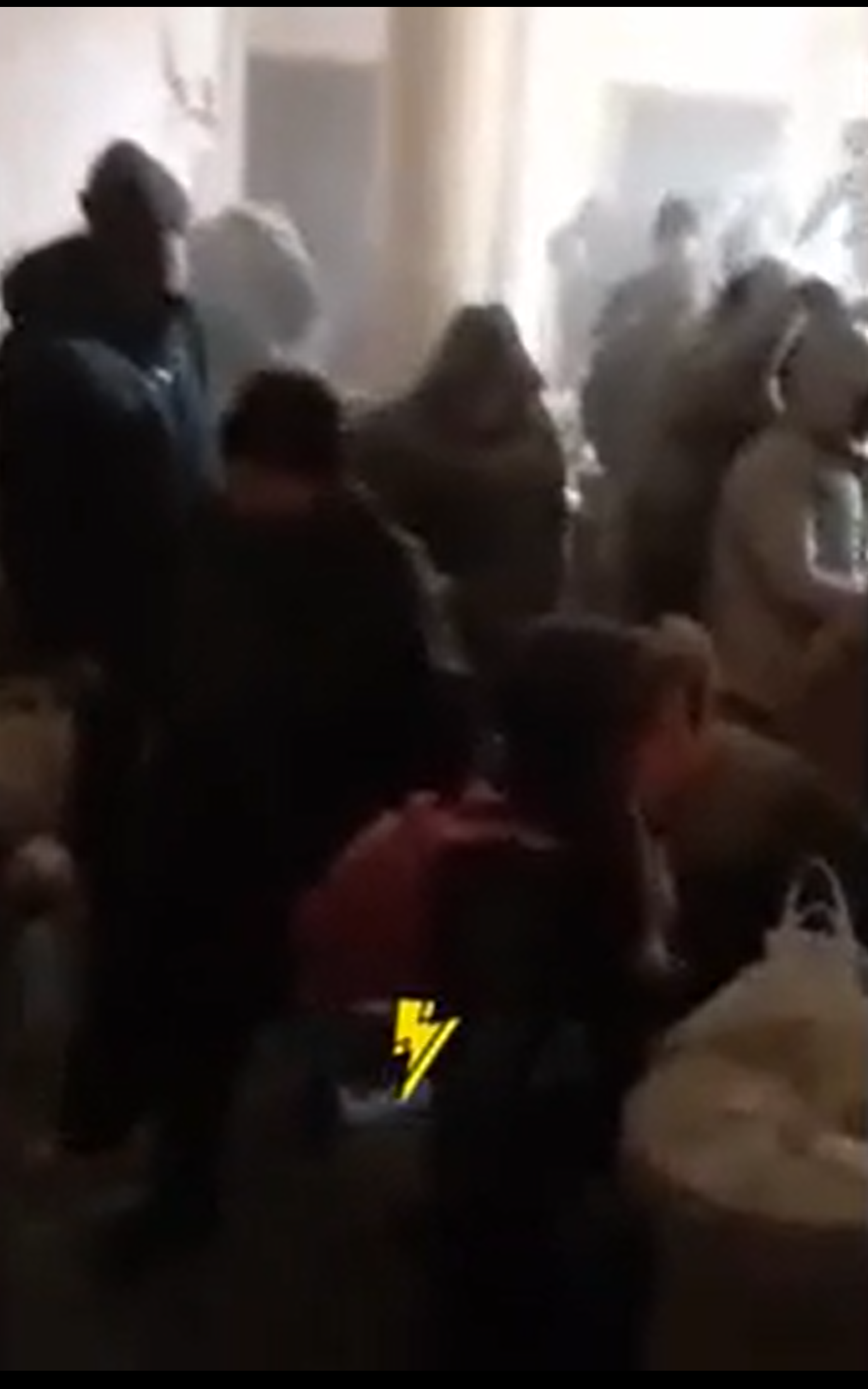
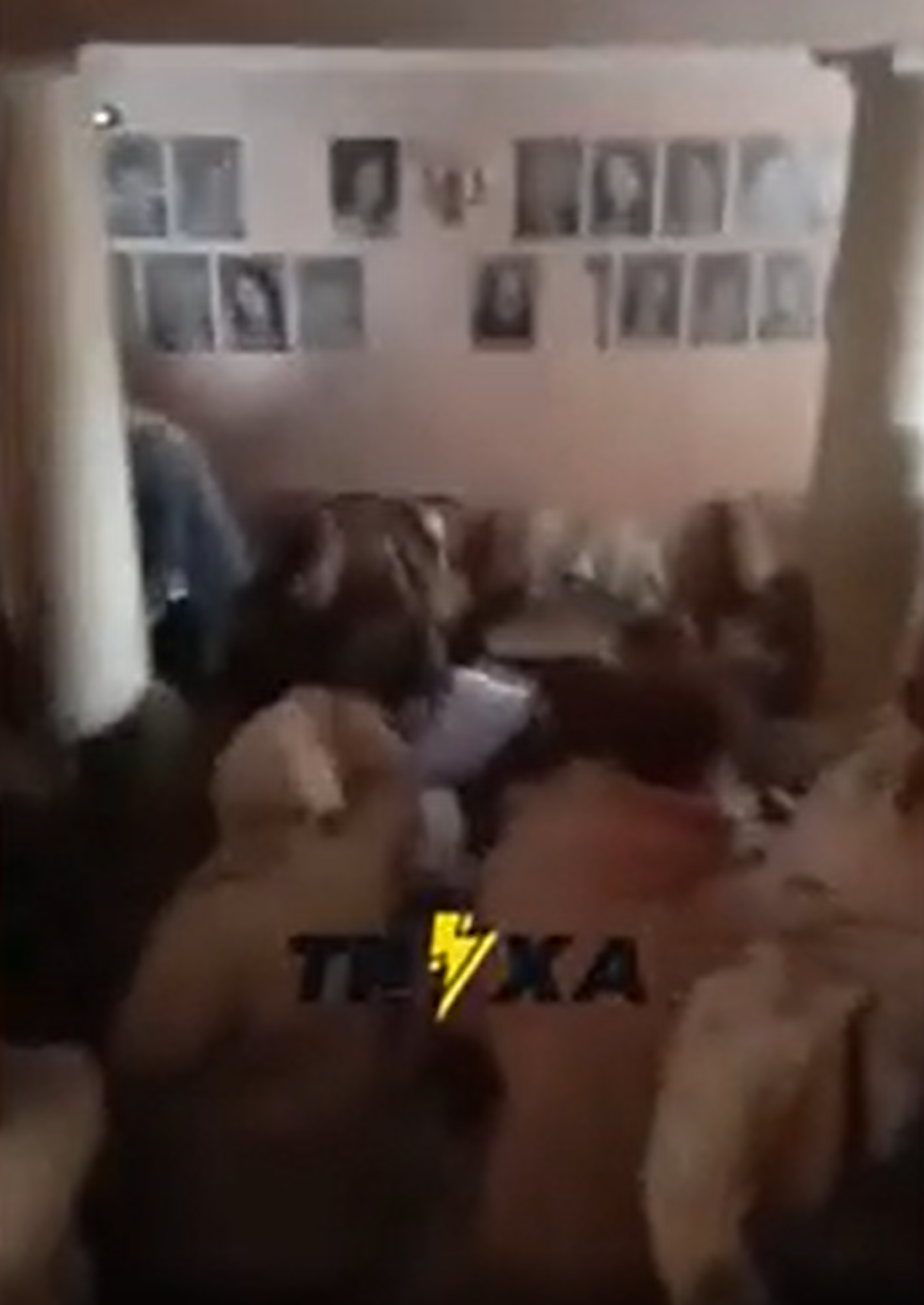
The 300 who are presumed dead were reportedly in a bomb shelter underneath the building, which got buried in the rubble following the attack, Petr Andryuschenko, advisor to deputy mayor of Mariupol, told the BBC.
Mariupol has been under siege since the early days of the crisis and has been under continuous bombardment from Russian artillery for more than two weeks.
There were also claims by the UN on Friday of increasing evidence that mass graves have been dug in the city to bury those killed under Russian bombardment.
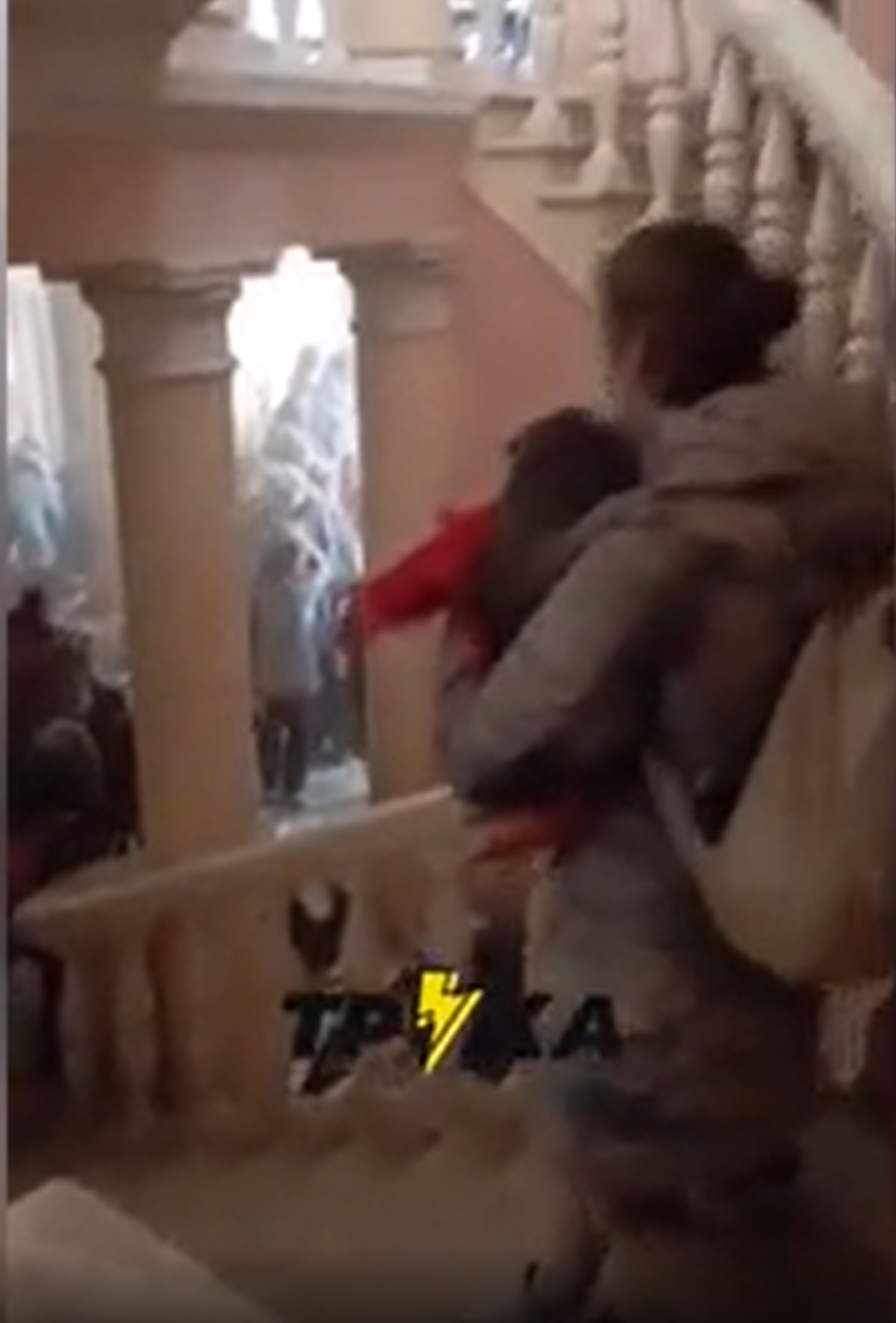
Those who have stayed alive have done despite running out of food, water and power in many cases. One local said they were reduced to eating a stray dog for food.
Rescue efforts to save those in the theatre had been hindered by the complete breakdown of social services in the city and fears of future Russian attacks, according to Serhiy Taruta, the former head of the Donetsk region.



